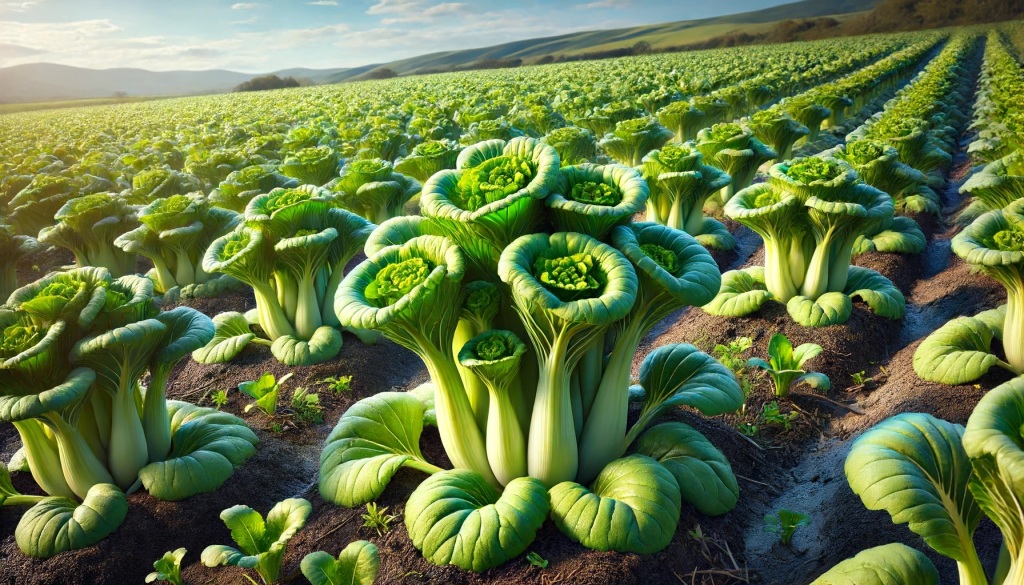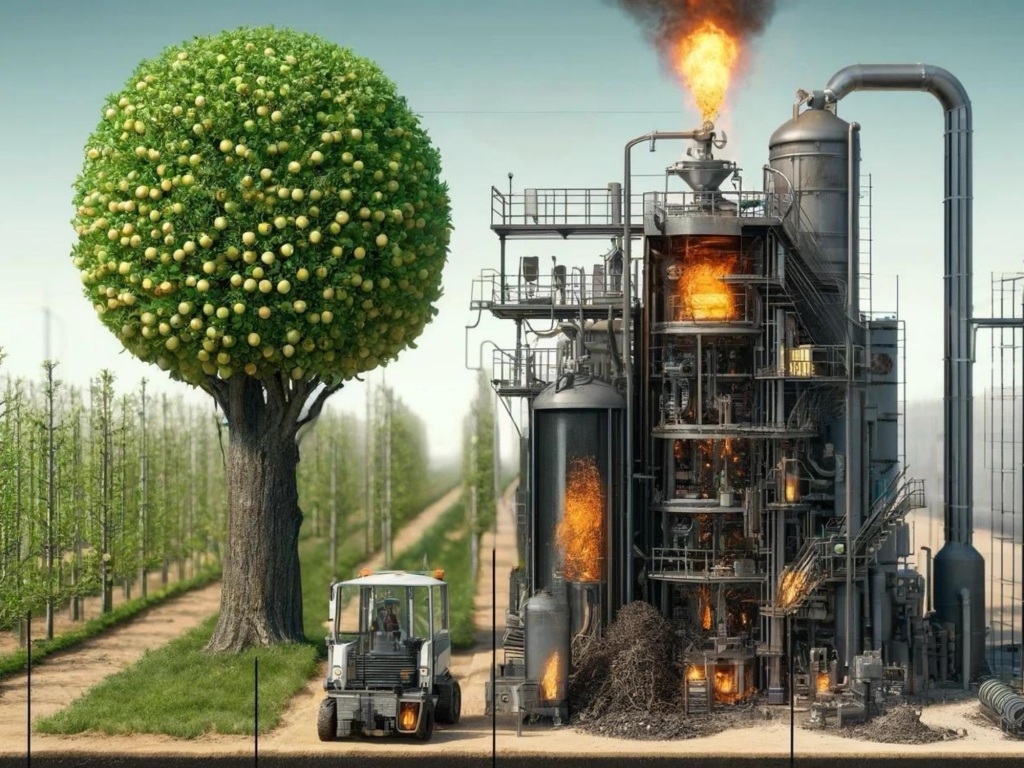Zhang, et al (2024) Impact of Reducing Nitrogen Fertilizer with Biochar on Flavor Substance and Nitrogen Balance in Different Swollen-Stem-Mustard Varieties. Agronomy. https://doi.org/10.3390/agronomy14061254
Excessive nitrogen fertilizer use in swollen-stem mustard cultivation can harm both the environment and crop quality. A recent study explored how reducing nitrogen fertilizer, combined with biochar, affects mustard flavor and soil nitrogen balance. Two varieties of mustard, Yong’an xiaoye (Yx) and Fuza No. 2 (Fz), were examined under different nitrogen treatments: no nitrogen (control), 150 kg/ha, 300 kg/ha, and 450 kg/ha, all with biochar.
The results showed that reducing nitrogen to 300 kg/ha with biochar (N300) achieved the highest yield for both mustard varieties, suggesting an optimal balance for maximizing production while minimizing environmental impact. Notably, the nitrogen content in mustard stems varied, with higher nitrate levels observed in the highest nitrogen treatment (N450).
Regarding flavor, the study focused on umami, sweet, and bitter amino acids. Yx and Fz mustards exhibited the highest levels of these amino acids under N450 and N300 treatments, respectively. Interestingly, while nitrogen application increased umami and sweet amino acids, excessive nitrogen also led to higher bitter amino acids, potentially affecting taste negatively.
Soil analysis revealed significant reductions in nitrogen residue in the N300 treatment compared to N450, indicating better nitrogen use efficiency and less environmental risk. The study concluded that for the Three Gorges Reservoir Area, planting Fz mustard with 300 kg/ha nitrogen and biochar is recommended for achieving a high yield and quality crop while preserving soil health and reducing pollution risks. This approach underscores the importance of balanced fertilizer application in sustainable agriculture.






Leave a comment